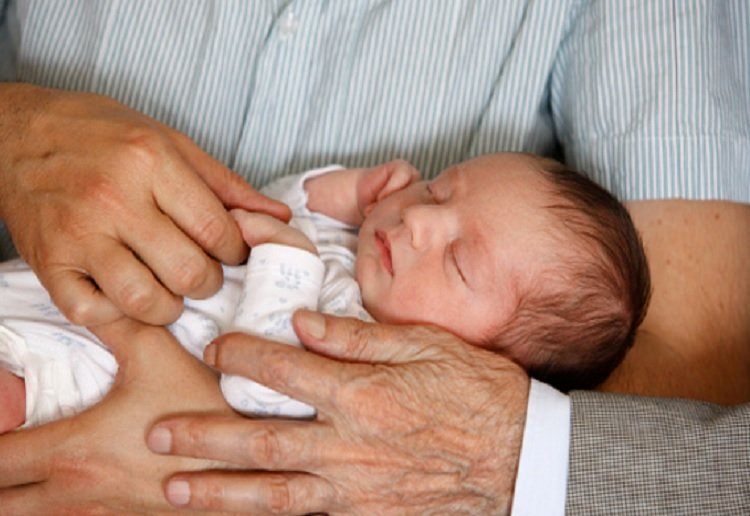Researchers from the University of Kent surveyed almost 300 women and found the odds of developing postnatal depression increased 79 percent after giving birth to a boy.
Other research has linked depression, and particularly postnatal depression, to an immune response in the body called inflammation.
Carrying a male foetus increases inflammation more than carrying a female foetus.
The study, published in the journal Social Science and Medicine, also found that women whose births had complications were 174 percent more likely to experience postnatal depression than women with no complications.
Postnatal depression is thought to impact up to one in seven mothers, but often goes undiagnosed — so the researchers say their investigation reveals two factors that may help to identify at-risk mothers.
“The finding that having a baby boy or a difficult birth increases a woman’s risk gives health practitioners two new and easy ways to identify women who would particularly benefit from additional support in the first few weeks and months,” said study co-author Dr Sarah Johns in a statement.
That support can make a difference. The study found that women with symptoms of depression, anxiety or stress have a higher risk of postnatal depression — but that they are also more likely to seek and receive support after birth.
“Postnatal depression is a condition that is avoidable, and it has been shown that giving women at risk extra help and support can make it less likely to develop,” Johns concluded.
How do you feel about this finding? Agree or disagree?
Share your comments below




















-

-
-
MrsA said
- 28 Dec 2018
-

-
-
MuthaNita said
- 17 Nov 2018
-

-
-
mom111059 said
- 13 Nov 2018
-

-
-
Ellen said
- 12 Nov 2018

-

-
-
mom101628 said
- 11 Nov 2018
-

-
-
natct said
- 11 Nov 2018
-

-
-
mom74005 said
- 10 Nov 2018
-

-
-
mom160421 said
- 10 Nov 2018
-

-
-
mom7108 said
- 10 Nov 2018
-

-
-
MisChip said
- 10 Nov 2018
-

-
-
mom93821 said
- 10 Nov 2018
-

-
-
youngoldlady said
- 10 Nov 2018
-

-
-
Cookfromscratchmum said
- 09 Nov 2018
-

-
-
mom90758 said
- 09 Nov 2018
-

-
-
mom81879 said
- 09 Nov 2018
-

-
-
becstalou said
- 09 Nov 2018
Post a comment12:17 pm
9:03 am
9:05 am
7:47 am
8:45 pm
10:28 am
6:05 pm
4:49 pm
10:42 am
10:28 am
-

-
-
mom93821 replied
- 11 Nov 2018 , 6:34 am
Reply5:58 am
12:52 am
7:04 pm
6:16 pm
3:38 pm
1:34 pm
To post a review/comment please join us or login so we can allocate your points.